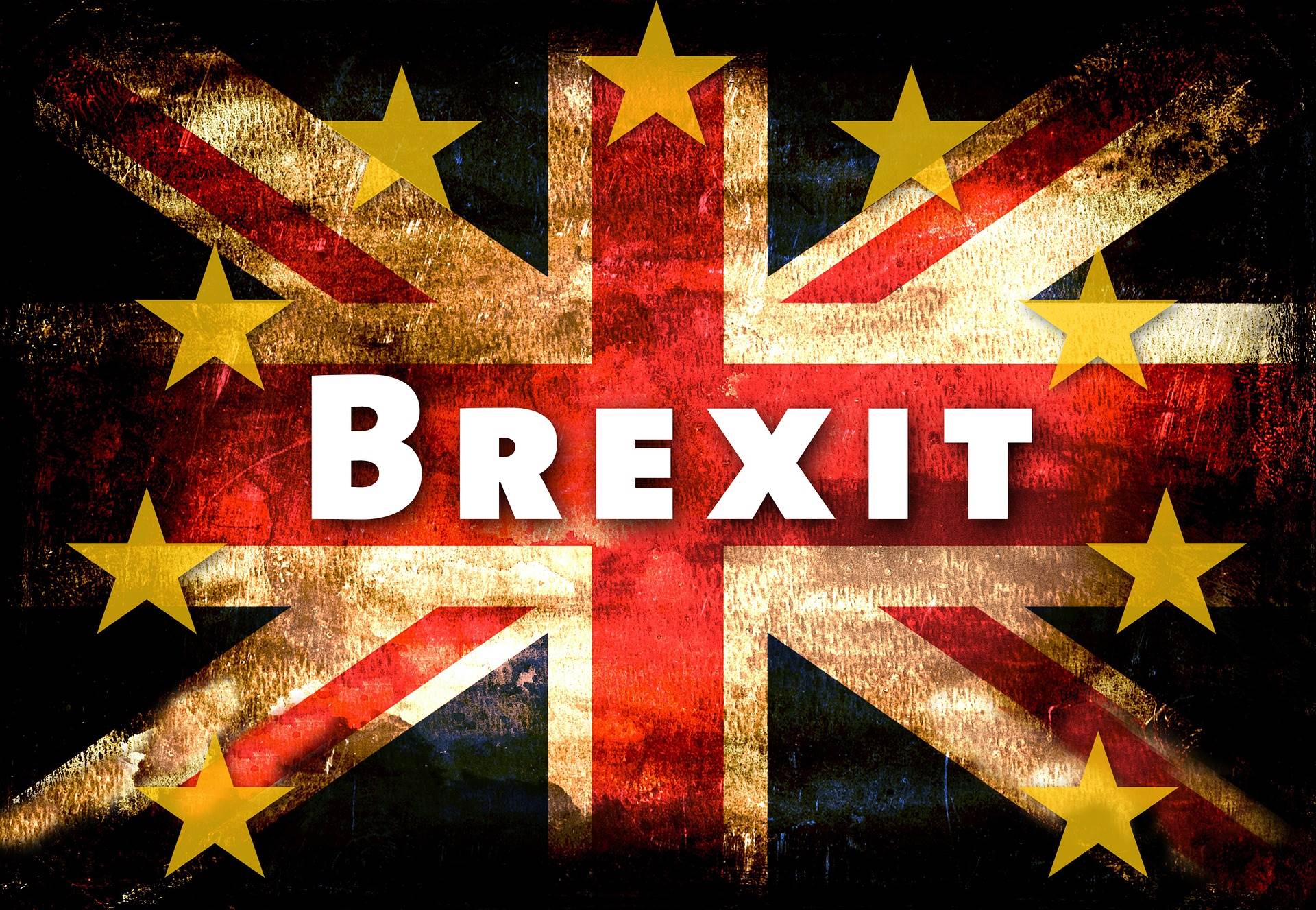 The ECB's governing council member Klaas Knot spoke about the possibility of a hard Brexit, saying that there wouldn't be a difference between a no-deal Brexit on the 31st of January and one at the end of the year.
The ECB's governing council member Klaas Knot spoke about the possibility of a hard Brexit, saying that there wouldn't be a difference between a no-deal Brexit on the 31st of January and one at the end of the year.
“In economic terms, there may be little difference between a no-deal Brexit that could have occurred on the 31st of January, and a hard Brexit that could still occur at the end of 2020,” he said.
Knot explained that such a scenario could happen at the end of 2020 if the UK and the European Union don't agree on a trade deal and if the transitional period is not extended beyond 2020.
“This would happen if the EU and the UK are unable to agree on a timely trade deal. And if there is no mutual consensus on extending the transitional period beyond 2020,” he added.
On other news about Europe, the Eurozone Business Climate index (released by the European Commission) went down from November's -0.21 to -0.25 in December, signaling an adverse and deteriorating business climate.
By 10:13 GMT the Euro went down against the US dollar by 0.15 percent, hitting the 1.1134 level. Conversely, it went down against the Japanese Yen, losing 0.12 percent at 120.75. On the other hand, it remained steady against the Swiss Franc, at 1.0818.
US Trade Deficit Hits a Three Year Low
The United States deficit hit a three year-low in November as imports declined due to the trade war between the United States and China and exports increased, signaling a good economic situation.
According to data released by the US commerce, the deficit went down by 8.2 percent, falling to US 43.1 billion in November, the smallest figure since October 2016. This made the US trade gap with the rest of the world to diminish by 0.7 percent.
The United States and China are currently amid a trade conflict that has lasted for 18 months and has affected the local American manufacturing sector due to a slowing global economic growth and a dwindling business investment. The United States and China have respectively signaled the end of the feud, announcing the signing of what they call the "phase 1" of their trade deal, which is expected to take place on January 13, according to sources.
The United States is demanding from China to comply with their requests regarding property rights, technology transfers, agricultural imports, subsidies, among others. If the Chinese decide not to comply with those requests, the US threatened with imposing tariffs over Chinese exports to the United States.
By 10:16 GMT the US dollar remained almost steady against the Chinese Yuan, losing 0.03 percent, at 6.9419.
